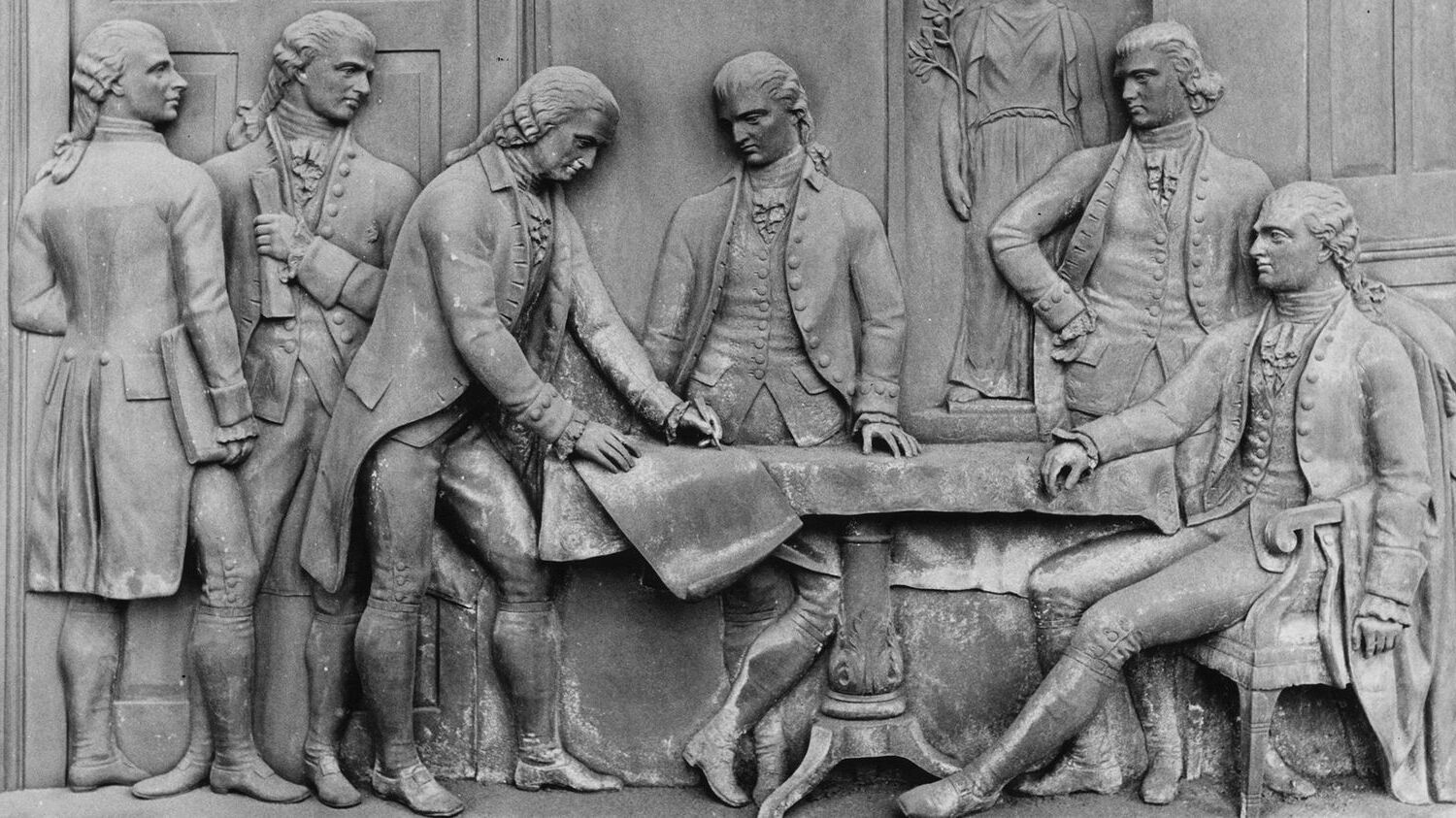
Curious about the Treaty of Paris 1763? You're in the right place! This pivotal agreement marked the end of the French and Indian War, reshaping the geopolitical landscape of North America. Treaty of Paris 1763 not only concluded hostilities but also set the stage for future events that would define the continent. Through 15 intriguing facts, we'll uncover the treaty's impact, its key provisions, and how it influenced the relationship between European powers and Native American tribes. Whether you're a history buff or just looking to learn something new, these insights will provide a comprehensive understanding of this historic accord and its lasting legacy. Let's dive into the fascinating world of the Treaty of Paris 1763 and discover the stories behind the ink that redrew the map of North America.
What Was the Treaty of Paris 1763?
The Treaty of Paris 1763 ended the Seven Years' War, also known as the French and Indian War in North America. This treaty reshaped the map of colonial empires.
- Signed on February 10, 1763, the treaty marked the end of a global conflict involving major European powers.
- France ceded Canada to Britain, drastically reducing French influence in North America.
- Spain gained Louisiana from France, expanding Spanish territory west of the Mississippi River.
- Britain acquired Florida from Spain, in exchange for returning Havana, Cuba.
- France retained Caribbean islands like Guadeloupe and Martinique, crucial for sugar production.
Key Players in the Treaty
Several nations played significant roles in negotiating and signing the treaty. Each had its own interests and goals.
- Britain, France, and Spain were the primary signatories, each seeking to expand or secure their colonial holdings.
- Portugal was involved indirectly, as the treaty also addressed conflicts between Portugal and Spain.
- King George III of Britain and King Louis XV of France were the reigning monarchs during the treaty's signing.
Impact on Native American Tribes
The treaty had significant consequences for Native American tribes, often overlooked in historical accounts.
- Native American lands were ceded without their consent, leading to future conflicts and displacement.
- Pontiac's Rebellion in 1763 was a direct response to British policies following the treaty.
- Proclamation Line of 1763 was established by Britain to limit colonial expansion westward, aiming to reduce tensions with Native Americans.
Economic and Political Consequences
The treaty had far-reaching economic and political effects on the signatory nations and their colonies.
- Britain's national debt soared, leading to increased taxation in the American colonies.
- French colonial ambitions were significantly curtailed, focusing more on European affairs.
- Spain's control of Florida was short-lived, as it was ceded back to Britain in 1783.
- The treaty laid groundwork for future American independence, as colonial dissatisfaction with British policies grew.
The Treaty of Paris 1763 reshaped the world, setting the stage for future conflicts and changes in global power dynamics.
A Final Look at the Treaty of Paris 1763
We've journeyed through the pivotal moments and lasting impacts of the Treaty of Paris 1763, uncovering its role in reshaping the world map and setting the stage for future global conflicts. This treaty not only concluded the Seven Years' War but also marked the beginning of a new era in colonial and international relations. Its repercussions were felt worldwide, influencing the course of history in ways that still resonate today. From altering territorial lines to setting precedents in diplomatic negotiations, the Treaty of Paris 1763 stands as a testament to the complexity and interconnectedness of global affairs. As we reflect on its significance, let's appreciate the intricate web of events that shape our world, reminding us of the power of diplomacy and the enduring impact of historical agreements.
Was this page helpful?
Our commitment to delivering trustworthy and engaging content is at the heart of what we do. Each fact on our site is contributed by real users like you, bringing a wealth of diverse insights and information. To ensure the highest standards of accuracy and reliability, our dedicated editors meticulously review each submission. This process guarantees that the facts we share are not only fascinating but also credible. Trust in our commitment to quality and authenticity as you explore and learn with us.


